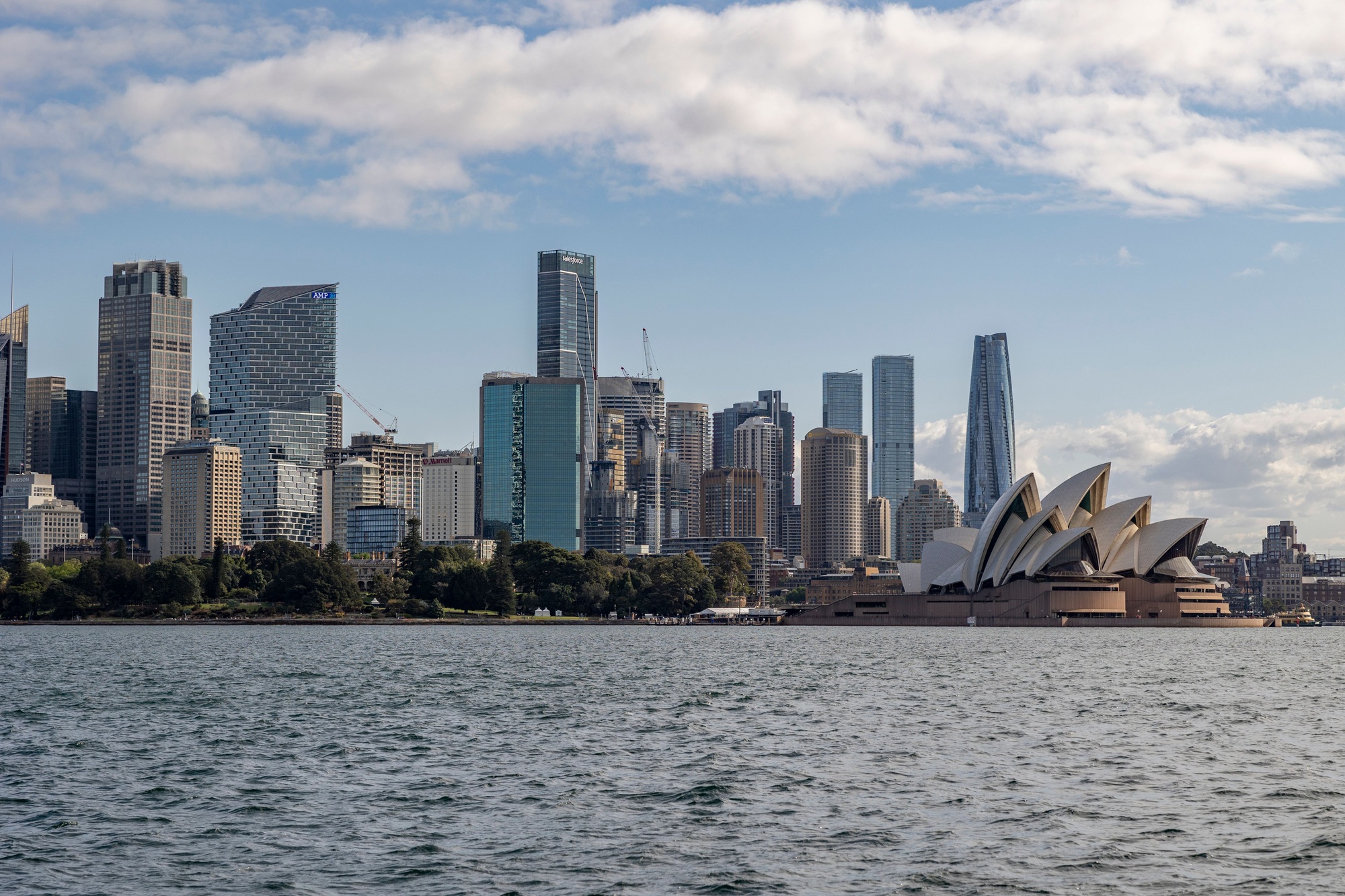Sydney’s Industrial Market Leads Recovery: Why Investors Are Focusing on the Harbour City
After a volatile period marked by interest rate hikes and cautious sentiment, Sydney’s industrial property market is once again leading the national recovery. Tightly held land, surging tenant demand, and the return of institutional capital have positioned Sydney as the standout performer in 2025. Unlike eastern seaboard counterparts facing higher vacancy and speculative overbuild, Sydney’s supply-constrained metro zones continue to attract long-term investment. For developers, investors, and property owners alike, this shift signals a renewed opportunity to engage a market where quality stock is rare — and competition is rising.
Metro Land Constraints Are Accelerating Demand
Sydney’s industrial land scarcity is one of the key drivers separating it from other capital cities. Years of rezoning, residential encroachment, and infrastructure disruption have drastically reduced the number of developable parcels within the metro basin. As a result, tenants are now moving early, leasing space ahead of schedule, and committing to longer lease terms in exchange for certainty.
Land in core locations like Alexandria, Wetherill Park, and Banksmeadow is fully occupied or built out, leaving tenants with limited new options.
Competition has increased for older buildings with strong bones, with value-add repositioning strategies driving interest.
Outer west zones such as Kemps Creek and Mamre Road are now capturing demand that would once have been absorbed further east.
Rental Growth Remains Consistent Despite Peak Conditions
While some markets are seeing rental growth taper, Sydney continues to experience solid momentum. This is largely due to the structural mismatch between demand and available space. Even outdated properties are commanding premium rates, and new builds are seeing strong pre-lease activity at above-market benchmarks.
Net face rents in inner Sydney have increased by 35% since 2022, with the south and inner west showing particularly aggressive growth.
Developers with shovel-ready sites are achieving pre-lease rents 10–15% above comparable stock, especially for logistics tenancies over 5,000sqm.
Leasing periods are shortening, with many properties secured off-market or within weeks of formal release.
Institutional Buyers Are Returning to the Market
REITs, private equity, and superannuation funds are returning to industrial acquisitions with a renewed focus on stability and long-term yield. Sydney is now seen as a prime reinvestment target thanks to its low volatility, tenant depth, and infrastructure backing. Recent sales suggest that well-located Sydney industrial assets continue to set national benchmarks for pricing per square metre.
Major sales in South Sydney and Eastern Creek have reflected yields as low as 4.25%, highlighting confidence in long-term income security.
Offshore capital is targeting portfolio additions in established locations with infrastructure growth and lease covenant quality.
Super funds are prioritising Sydney industrial over office and retail, particularly in pension-driven income portfolios.
Infrastructure Investment Is Enhancing Industrial Access
Sydney’s continued rollout of freight, road, and port infrastructure is enhancing industrial performance — particularly in outer western precincts. Connectivity is improving at a time when freight efficiency and last-mile access are central to tenant selection. These network improvements are also opening up land that previously lacked viable commercial utility.
WestConnex and Sydney Gateway are streamlining freight from Port Botany through to the M4 corridor, benefiting outer-west tenants.
The Western Sydney Airport freight precinct is attracting large-scale warehousing and cold storage operators.
The extension of Moorebank Intermodal Terminal and upgrades to road networks in Prestons and Eastern Creek are fuelling new tenant migration.
Limited New Supply Creates Scarcity and Stability
Unlike cities with more fringe land availability, Sydney’s future supply remains constrained. Planning delays, environmental overlays, and competition from housing have slowed the pipeline. This is creating a stable, scarcity-led market where assets are insulated from oversupply risks and short-term valuation swings.
Speculative development has reduced significantly, with developers requiring pre-commitments before build commences.
Zoned, serviceable land in key precincts is near exhaustion, keeping price pressure upward across both sale and lease markets.
Tenants are showing greater willingness to commit to design-and-construct solutions well before delivery timeframes.
Sydney’s Long-Term Fundamentals Still Lead the Country
Despite pricing pressure and competition, Sydney’s industrial market remains a national standout due to its size, depth, and resilience. No other metro area combines low vacancy, tenant diversity, and access to infrastructure at the same scale. For owners, agents, and developers, it represents a rare market where well-positioned assets will continue to outperform.
Core metro precincts in Sydney are likely to remain sub-2% vacancy well into 2026, maintaining their rent growth momentum.
Institutional ownership is consolidating, with fewer owner-occupiers and more portfolio-grade industrial assets.
Tenant churn is low, with many companies opting for 10–15 year terms to secure location certainty and avoid capex escalation.
How Commercial Property Marketing Can Help
At Commercial Property Marketing, we help position industrial assets in Sydney’s high-performance market with tailored, location-specific marketing strategies. Whether you’re releasing a new D&C opportunity, repositioning an older asset, or preparing for institutional sale, we deliver 3D renders, aerial marketing, IMs, and digital campaigns that speak directly to serious tenants and investors.

